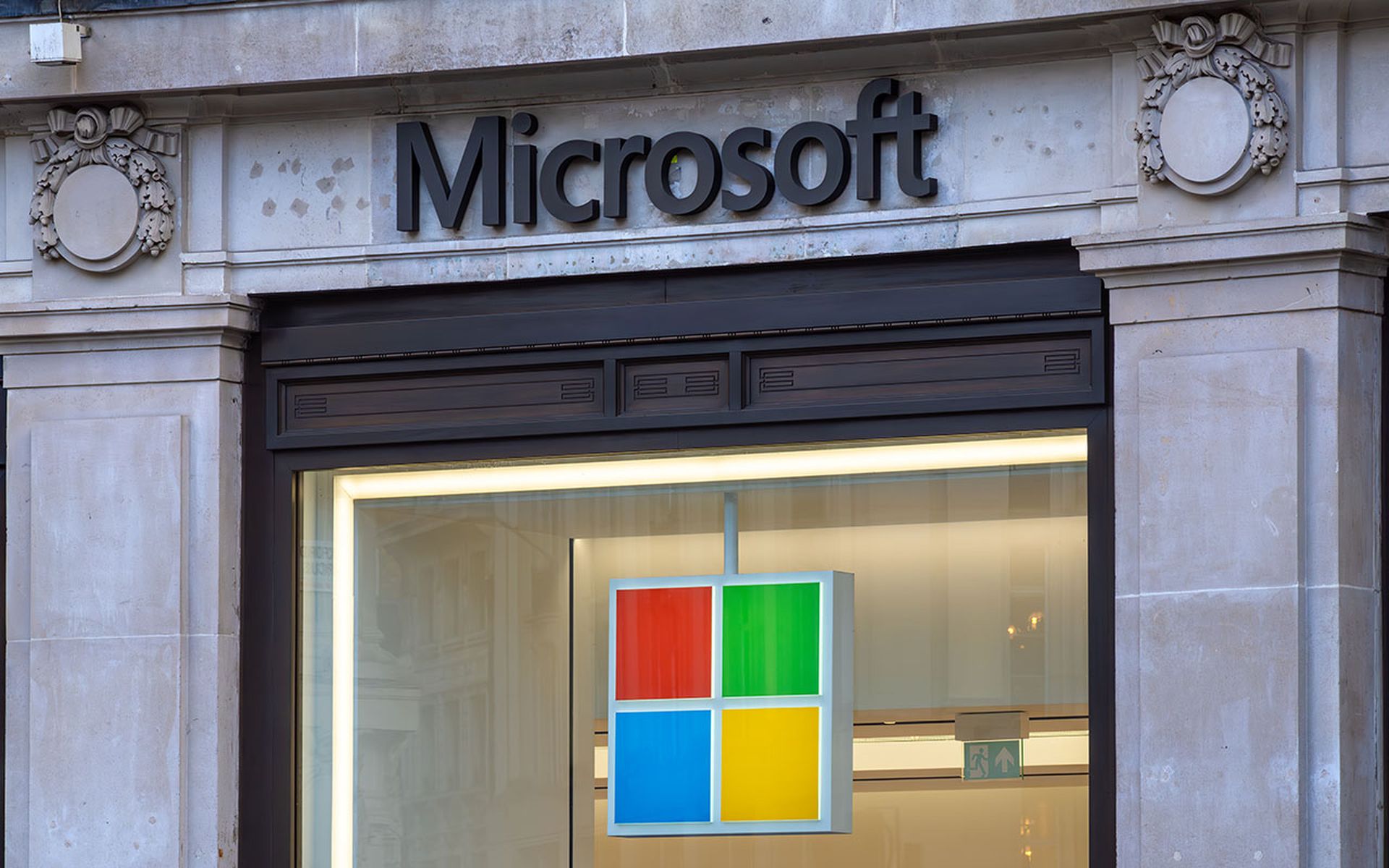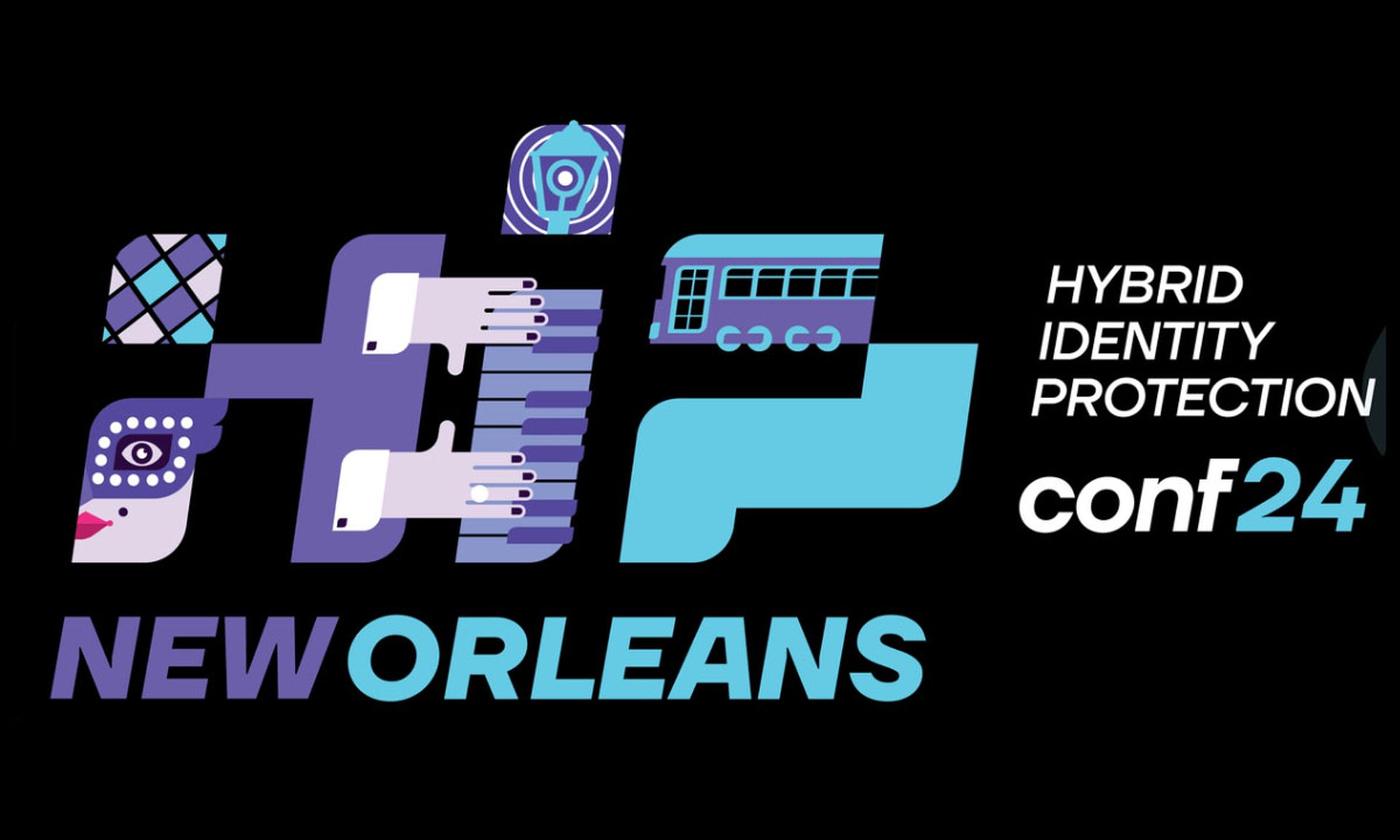Cyber industry executives are weighing in on the presidential Commission on Enhancing National Cybersecurity's Report on Securing and Growing the Digital Economy identifying several areas they feel the commission nailed when it comes to improving our nation's cybersecurity and what the upcoming Trump administration needs to focus upon.
All agreed the commission's report did an excellent job presenting the dangers posed by cybercriminals and state-sponsored cyberattackers and that President-elect Trump must make cybersecurity a priority.
“The Commission on Enhancing National Cybersecurity has created a well-done set of capabilities and recommendations. The issue is too important for the new administration to not use them as building blocks for its policies. Everyone in the country, every business, every individual, every aspect of government is touched by the cybersecurity issue,” said Gus Hunt, cybersecurity lead at Accenture Federal Services, to SC Media in an email.
Paul Calatayud, CTO of the enterprise firewall developer FireMon, reinforced Hunt's comment pointing out that if Trump allows cybersecurity to end up on the back burner it would have a negative impact on the American economy.
“When it comes to cybersecurity, past administrations made it a priority, and this should continue to be a priority for the next presidency and beyond. The erosion of trust as a society technology, innovation, and digital commerce has a major impact on our nation's economy and GDP,” Calatayud told SC Media in an email, adding that this a non-partisan issue and should find backers on both sides of the aisle.
Morgan Reed executive director of ACT | The App Association, an industry organization representing app developers, agreed that the incoming elected officials have to be made to understand the importance of cybersecurity and the role education will play in the future.
“The commission identifies many sensible recommendations that the next administration and Congress should implement to secure our digital infrastructure. No challenge is more important over the long term, however, than addressing the cybersecurity talent gap and the failure of America's education system to produce enough students with computer science skills,” he said to SC Media in an emailed note.
Other executives were pleased that the commission's report touched upon specific topics that they feel need a closer look.
Brett McDowell, executive director of the FIDO Alliance noted to SC Media in an emailed comment that he was pleased that, “The Commission has recognized that solving the password problem and closing off identity as an easily exploited vector of attack is a clear priority. It's clear from this report that authentication needs to be at the top of the list of the new President's actions to improve cybersecurity."
For Ray Rothrock, CEO of RedSeal – a cybersecurity analytics firm the report's inclusion of system resilience was important because that focuses efforts on a system's inner workings where cybercriminals are lurking and probing for vulnerabilities.
“Commission on Enhancing National Cybersecurity's report puts resilience front and center of any cybersecurity strategy, a move that should be supported by the incoming Trump Administration,” he told SC Media in an emailed comment.
However, for the commission's recommendations to come to fruition the government has to allocate the needed funding, something that has been lacking in the past, said Philip Lieberman, president, Lieberman Software to SC Media.
“The core of the statement does hit home with the need to spend taxpayer's money to modernize and strengthen the defenses of the Federal Government's many departments. Unfortunately, at this time federal government modernization will require funding (improvements in the federal government are currently unfunded) which will fall on the next administration's watch.”
The report boiled down 10 months of intensive work by the panel of 12 cybersecurity, educational and technology luminaries that were appointed in February 2016 to the task. The commission conducted five public hearings held around the country where it received input from local experts on a host of topics.
The public hearings covered how cybersecurity impacts a variety of areas including, financial services and insurance; R&D, technology and inovation; critical infrastructure; consumers in the digital economy; and cybersecurity in the government and digital economy.



